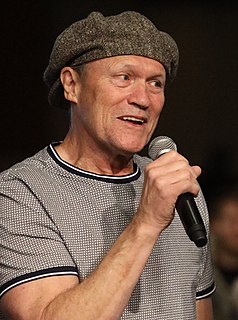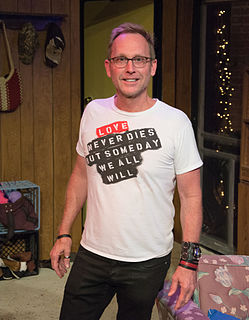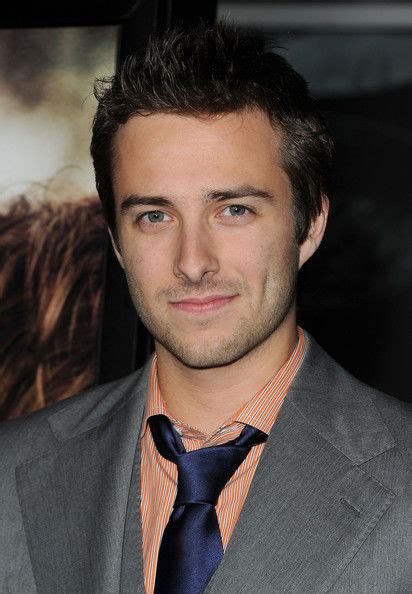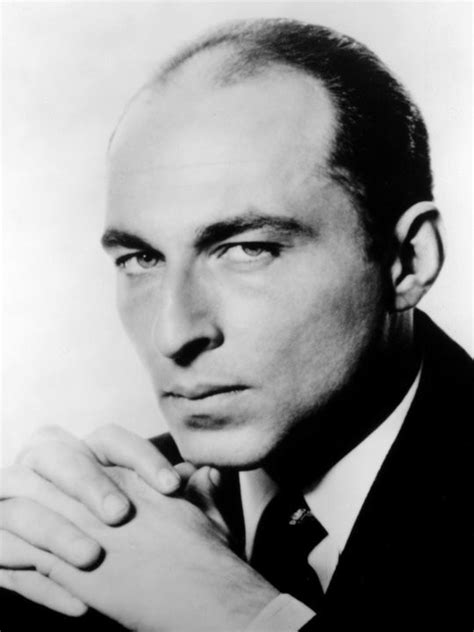A Quote by Jodie Foster
I'd prefer not to act in the film I'm directing. I think, though, as an actor, you do learn how to turn things on and off quickly and kind of compartmentalize. You learn to accommodate the camera and the other actors, to notice where the boom is and where you mark is, and be able to repeat something a few times.
Related Quotes
Being an actor in TV or movies is different. A film or TV actor, if put in theatre, won't know certain dimensions, while a theatre actor won't know certain things when he comes before the camera. So I think a film actor can learn emoting from this theatre counterpart, while the theatre actor can learn about camera techniques from the film actor.
Film and stage are very different; I don't necessarily prefer one over the other. Every few years, I get a big itch to go back to the theater. To learn humility, to learn bravery and to remind yourself that the pistons that drive your craft are working on full power. And to remind yourself how badly paid actors can be.
Every film you work on is different, and that's part of what it's like for anybody who works on a film, is to learn how to work with others. Learn from top to bottom. Actors have to learn how to work with the director and the director has to learn how to work with actors, and that's not just those two departments.
Of course, you can never watch something like somebody else watches something like you, but nonetheless, you have to try. So I think on camera you learn a lot about how much the camera does for you, which is what is the great luxury of movie acting. Or acting whether it's TV or movies or whatever it is, that the camera's really such a gift because there's so much that it sees and does if you're willing to just be open and expose yourself and all of that. So you also learn what doesn't matter. And sometimes when you think about things, you think things matter that don't matter.
When you learn to read and write, it opens up opportunities for you to learn so many other things. When you learn to read, you can then read to learn. And it's the same thing with coding. If you learn to code, you can code to learn. Now some of the things you can learn are sort of obvious. You learn more about how computers work.
There is a distinction between failing and being a failure. Few things are learned in life without failing at least once. Did you learn to roller skate without falling a few times? Did you learn to ride a bike without losing your balance? Chances are you didn't. You may have wanted to do those things so intensely that you quickly put unsuccessful attempts behind you and kept trying. Soon you acquired the skill to do the thing you wanted. Even though in the process of learning you may have failed many times, you were not a failure. "Failing" simply became an open door to try again.
The minute that you understand that you can poke life and actually something will pop out the other side, that you can change it, you can mold it. That's maybe the most important thing. It's to shake off this erroneous notion that life is there and you're just gonna live in it, versus embrace it, change it, improve it, make your mark upon it. I think that's very important and however you learn that, once you learn it, you'll want to change life and make it better, cause it's kind of messed up, in a lot of ways. Once you learn that, you'll never be the same again.




































